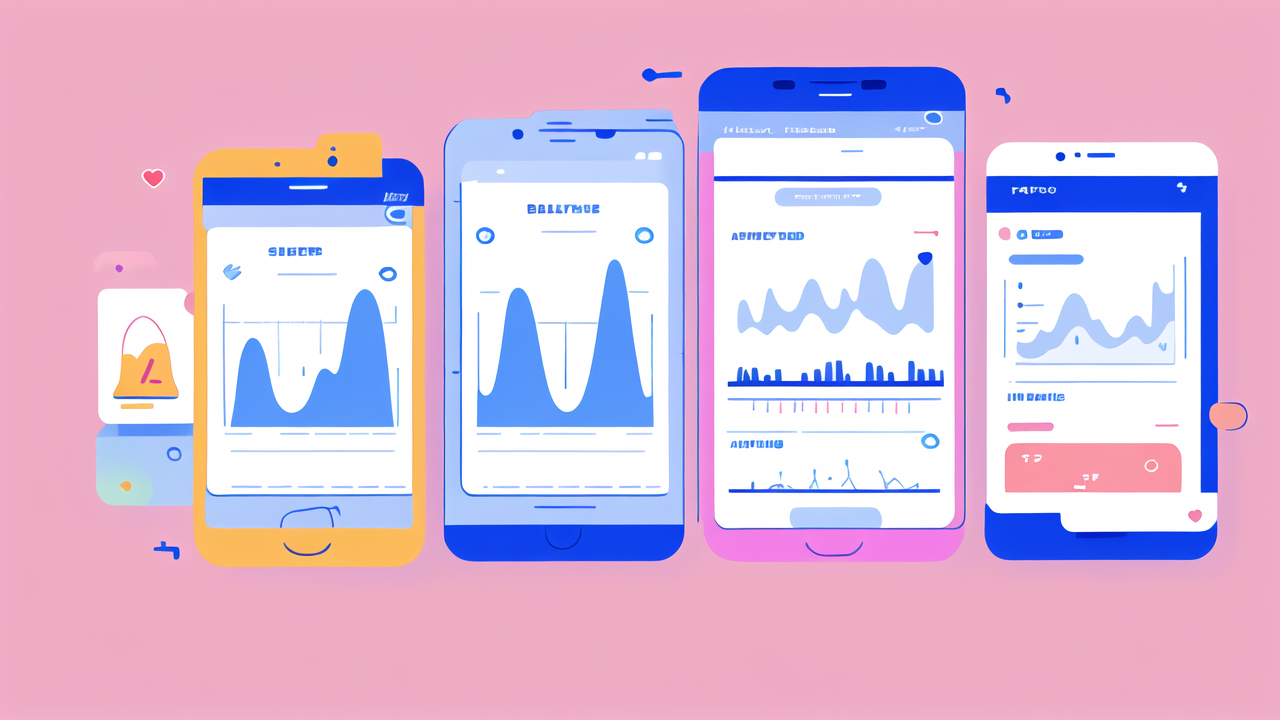Understanding the Importance of Health Tracking
Why Monitoring Your Health Metrics is Crucial
Tracking health metrics is vital for maintaining overall wellness. It gives you a clear picture of your body's state. By monitoring key indicators, you can spot trends and make informed decisions about your health.

Regular tracking helps prevent health issues before they become serious. It allows you to set realistic goals and measure progress. This data-driven approach empowers you to take control of your health.
Tracking also motivates you to stick to healthy habits. Seeing improvements in your metrics can boost your morale. It's like having a personal health coach that guides you towards better choices.
Moreover, health tracking provides valuable info for healthcare providers. It helps them make more accurate diagnoses and treatment plans. This leads to better health outcomes and more personalized care.
How Health Tracking Can Influence Wellness and Lifestyle
Health tracking can transform your approach to wellness. It makes you more aware of your daily habits and their impact. This awareness often leads to positive lifestyle changes.
For example, tracking sleep patterns can help you improve your sleep quality. You might notice that late-night screen time affects your sleep. This insight can prompt you to create a better bedtime routine.
Fitness trackers can motivate you to be more active. Seeing your daily step count can inspire you to move more. You might take the stairs instead of the elevator or go for a walk during lunch breaks.
Nutrition tracking apps can help you make healthier food choices. They show you the nutritional value of your meals. This info can guide you towards a more balanced diet.
Stress level tracking can help you manage your mental health better. You might notice patterns in your stress levels. This can help you develop better coping strategies and self-care routines.
The Evolution of Health Tracking Technologies
From Basics to High-Tech: The Transformation of Health Tracking
Health tracking has come a long way from simple pedometers. Early devices could only count steps. Now, we have smart watches that monitor heart rate, sleep, and more.

The first digital health trackers appeared in the 1980s. They were bulky and had limited features. Today's devices are sleek, comfortable, and packed with sensors.
Smartphones have played a big role in this evolution. They've made health tracking more accessible. Many people now use their phones to track steps, calories, and workouts.
Advanced sensors have expanded what we can measure. We can now track blood oxygen levels, ECG, and even stress levels. Some devices can detect falls and call for help.
Cloud technology has made data storage and analysis easier. Your health data can be synced across devices. This allows for more comprehensive health insights.
Innovations Shaping the Future of Health Measurement Devices
Artificial Intelligence (AI) is revolutionizing health tracking. AI can analyze your data and provide personalized health advice. It can predict potential health issues based on your metrics.
Wearable ECG monitors are becoming more common. They can detect irregular heart rhythms early. This technology could save lives by alerting users to potential heart problems.
Continuous glucose monitors are helping diabetics manage their condition. These devices track blood sugar levels 24/7. They can send alerts when levels are too high or low.
Smart clothing with built-in sensors is on the rise. These clothes can track your movements and vital signs. They offer a more comfortable way to monitor your health all day.
Ingestible sensors are an exciting new development. These tiny devices can be swallowed to monitor internal health. They can track medication adherence and gut health.
Implementing Health Tracking in Modern Lifestyles
Integrating Health Tracking Tools into Daily Routines
Incorporating health tracking into your daily life doesn't have to be complex. Start by choosing a device or app that fits your needs and lifestyle. It should be easy to use and comfortable.

Set realistic goals based on your current health status. Gradual changes are more sustainable than drastic ones. Your tracker can help you set and adjust these goals over time.
Make checking your health data a part of your daily routine. You could review your stats while having your morning coffee. Or check your progress before bed to plan for the next day.
Use reminders and notifications wisely. They can help you stay on track. But too many alerts can be overwhelming. Find a balance that works for you.
Share your progress with friends or join online communities. This can provide motivation and support. Many tracking apps have social features that make this easy.
Leveraging Data from Health Tracking Devices to Maximize Benefits
To get the most from your health data, learn to interpret it correctly. Understand what each metric means for your health. Don't hesitate to ask a healthcare professional for help.
Look for patterns in your data over time. Weekly or monthly reviews can reveal trends. These insights can guide you in making beneficial lifestyle changes.
Use your data to have more informed discussions with your doctor. Share your tracking results during check-ups. This can lead to more personalized health advice and care.
Experiment with changes in your routine and observe the effects. Your tracker can show you how diet, exercise, or sleep changes impact your health. This can help you find what works best for you.
Remember that health is more than numbers. While tracking is valuable, also listen to your body. Use the data as a tool, not a strict rule. Balance quantitative data with how you feel overall.




Leave a comment
This site is protected by hCaptcha and the hCaptcha Privacy Policy and Terms of Service apply.